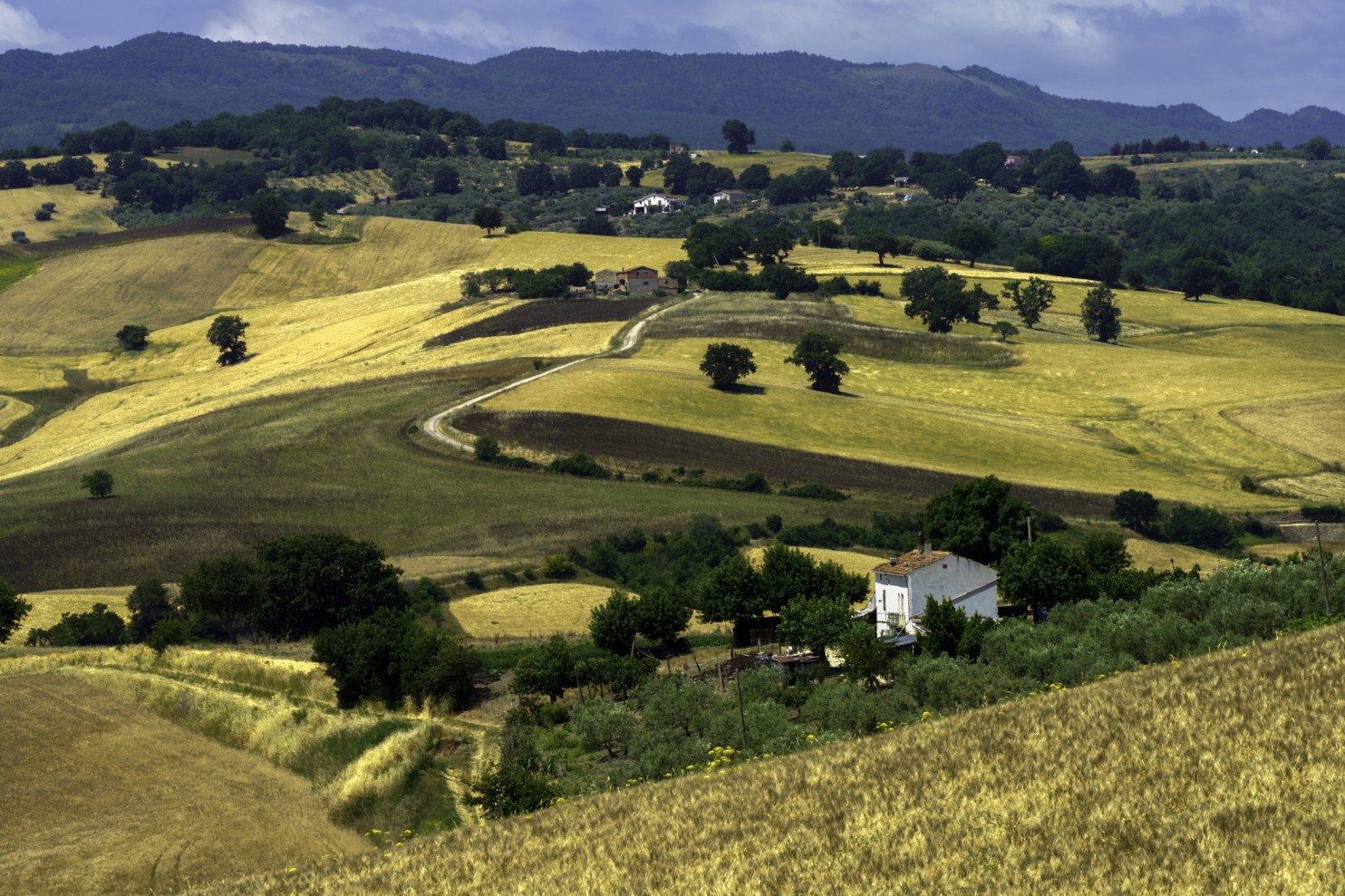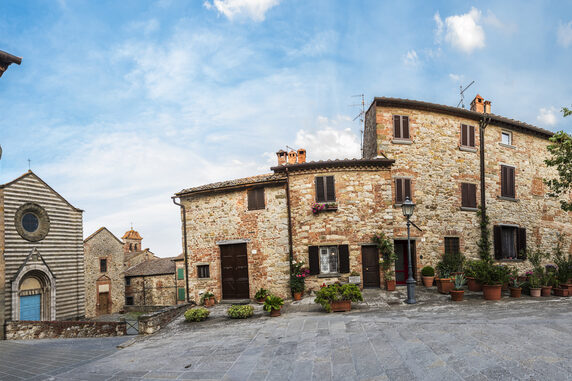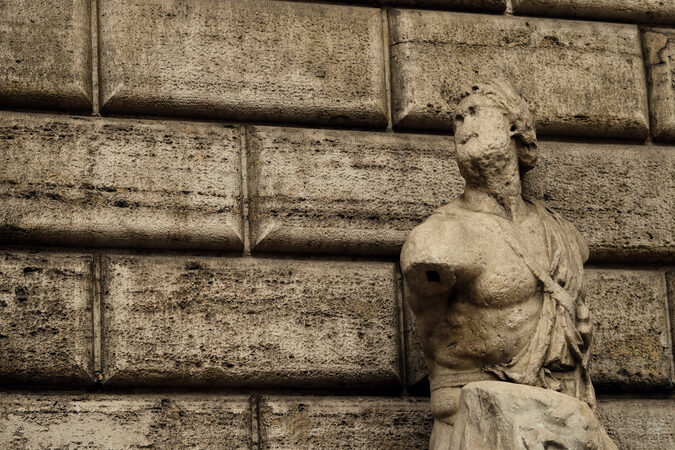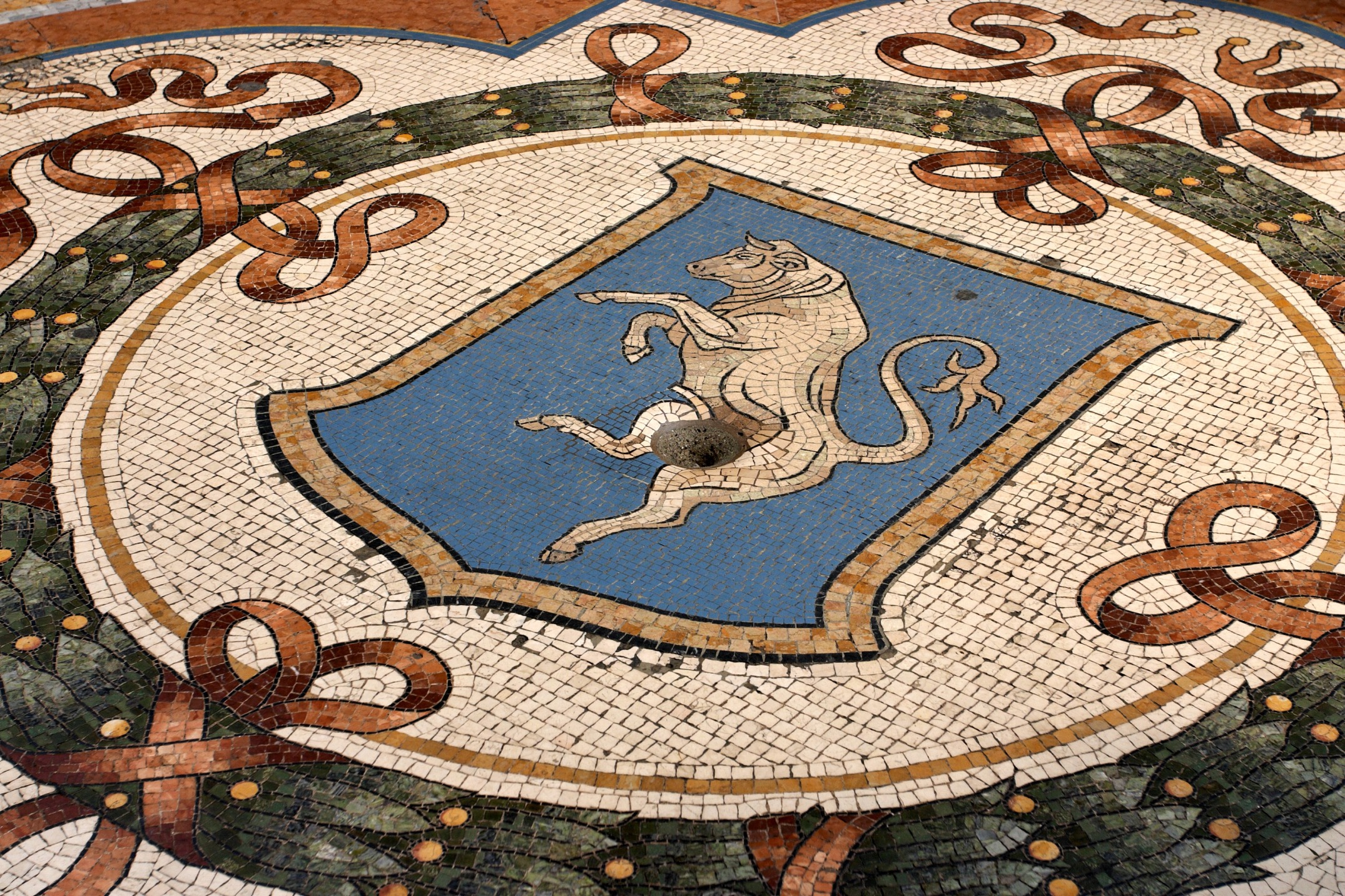Regardless of where home is or where it could be, John Fante’s novel Ask the Dust still captures the state of mind, spirit (religious or not), and souls of many Angelenos, who arrive here with hopes and desires packed in suitcases and boxes from all over the world or just the next state over.
Fante’s novel, written more than seventy years ago, is representative of his career as one of the masters of the Italian-American novel of the 20th century, who also wrote screenplays and short stories.
There’s something about Fante’s alter ego, the semi-autobiographical and main fictional character of Ask the Dust, Arturo Bandini. Any immigrant or “outsider” in Los Angeles, who dreams “to make it” in the American capital of the entertainment industry, has a little bit of Arturo Bandini inside of him or her.
Regardless of their contours, people who come to Los Angeles have dreams. If not the American dream, they have dreams of wealth and success. During the quest to fulfill such dreams, somehow, struggle is inevitable.
Sometimes, it’s the financial hardship. Sometimes, it’s the difficulty of finding your own identity and integrating into such a culturally diverse city. Sometimes, it’s the complicated and often self-destructive interracial love stories and relationships that develop in the city. Sometimes, it’s just that feeling of unspoken, silent shame, the simple refusal of not being a born and bred Californian, which on a good day, though, morphs into pride.
These are just a few of the topics that will be addressed by the slate of speakers commemorating the 75-year anniversary of Fante’s novel on November 6 at the afternoon symposium “Ask the Dust: 75 Years and Counting.” It holds something for all Angelenos who have ever contemplated the city and their place in it.
The conference will be held at the Karl Anatol Center on November 6, 2014 from 2:00pm to 5:00pm followed by a reception.
Dr. Clorinda Donato, who is The George L. Graziadio Chair of Italian Studies and Professor of French and Italian at CSULB, will be opening the conference at 2:00pm on November 6. This is the second event devoted to Fante to take place at the Long Beach campus, and Dr. Donato has expressed her hope that in the future there will be more opportunities to present the ongoing research on John Fante: “The Graziado Center’s goal is to promote Italian and Italian American studies, so this symposium couldn’t be a better match. I hope that we can be a constant point of reference for Fante projects. It’s a great opportunity for CSULB to be the University that shepherds Fante Studies.
Dr. Donato particularly appreciates Fante’s characters because “They are different from the characters you find in Italian American novels whose authors come from the East Coast or Chicago. They are very much representative of West Coast Italian Americans, who didn’t grow up in the Little Italy of the East Coast and Midwest.”
Dr. Stephen Cooper, CSULB Professor of English and Creative Writing and author of Full of Life: A Biography of John Fante, will be among the scholars speaking at the conference. He has dedicated nearly ten years of his life to researching John Fante’s life. He too stresses the importance of Fante’s Italian origins: “John Fante was born into an immigrant American family, he grew up with that culture and heritage, and throughout his life as a writer the fact that he was an Italian American descent was central to his vision. He wrote often about Italian American themes, especially Italian American family and immigrant issues.”
However, John Fante has captured much more than that. His character, Arturo Bandini, is still an amazingly current and almost stereotypical portrait of a dreamer/writer in Los Angeles.
“It’s one of the most marvellous aspects of Fante’s legacy. He began writing in the early 1930s, and much of what he wrote more than seventy years ago still resonates today. He succeeded in capturing the spirit of not only youth in Arturo Bandini, but also inner contradictions, unattainable ambitions, self-defeating behaviors that so many of us deal with when we are young. And he also captured the spirit of Los Angeles” explained Dr. Cooper.
When asked if there would be any Charles Bukowski without John Fante, Dr. Cooper stated that even Bukowski acknowledged that there would not be. “Bukowski thanked Fante personally for saving his life, and not just metaphorically. He admired John Fante and the inspiration that Fante’s works provided to Bukowski, giving the poet the courage to continue writing. A lot of young readers discovered Fante through Bukowski, and most of them who have an ear for literature quickly recognized what Bukowski recognized: that Fante is a better writer.”
Even though Fante’s works began to be appreciated relatively late in his career, his journey in the 21st century is one of the most iconic, one that immigrants and dreamers can relate to no matter what their origins are. Considering the evolving image of Los Angeles as a beacon for immigrants and dreamers, John Fante’s legacy as a LA writer who speaks to the artistic, transient soul of the city is assured.
Stephen Cooper is struck by the symbiotic relationship that developed between Fante and Los Angeles: “Fante could have only written that novel in Los Angeles. For generations people were moving west, always west. And you can’t go much further than coastal California. So Los Angeles is the perfect place for Hollywood, because it is the end of dreams. It’s where people have been heading to for hundred of years. The city has a very strong impulse to dream and to desire, and that’s what distinguishes it from other cities.”
More of these reflections and studies will be shared by the panel of Fante experts presenting November 6, 2014 at 2:00pm at the Karl Anatol Conference Center on the CSULB Campus. For parking and to RSVP, please email Graziadio Assistant Manuel Romero, manuel.romero @csulb.edu.



























